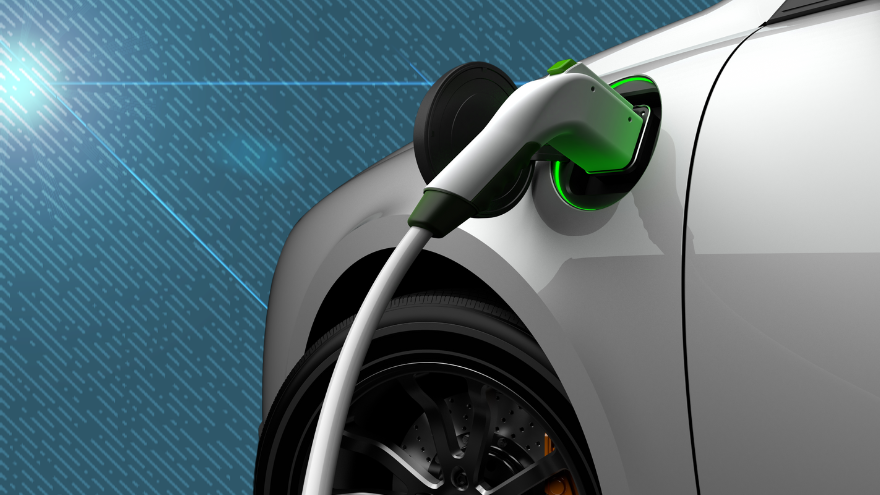Climate change has been a key priority for the Biden administration, which has undertaken radical policy shifts to achieve climate- and green energy-related goals.
One such goal is a hard pivot toward electric vehicles (EVs). The year President Joe Biden was sworn in, the White House pitched a plan to have half of all U.S. vehicle sales be EVs by the year 2030.
Yet, a recent public relations trip by U.S. Energy Secretary Jennifer Granholm to prod Americans into buying EVs actually exposed a critical flaw in the administration’s plan — the country doesn’t have enough chargers to make the ambitious goal a reality.
Granholm’s four-day caravan of EVs traveling from Charlotte to Memphis ran into trouble in Grovestown, Georgia. Hoping to stop for a quick charge, the staff quickly realized there weren’t enough EV chargers to go around, as one was broken and the other three were in use.
So, a staffer for the Energy Department used a gas-powered vehicle to block one of the working chargers to reserve a spot for Granholm to use, who was scheduled to arrive shortly.
According to an NPR reporter embedded in the caravan, on a day with excessive heat, the gas-powered car left by Granholm’s team prevented a family with a baby in the vehicle from being able to charge their EV, angering the family so much they called the police.
The sheriff was unable to intervene, as it is not illegal for a non-EV to be parked at a charging station in Georgia.
As explained by NPR, “Energy Department staff scrambled to smooth over the situation, including sending other vehicles to slower chargers, until both the frustrated family and the secretary had room to charge.”
This entire administration is absolute satire at this point. Apparently energy secretary Jennifer Granholm went on a road trip tour in an electric vehicle to prove how great electric vehicles are. They ran into trouble almost immediately as they found not enough charging… pic.twitter.com/fj8ERxnKlW
— 🇺🇸Travis🇺🇸 (@Travis_in_Flint) September 11, 2023
The incident was a black eye for an administration desperately seeking to appease the climate lobby and convince Americans who love the reliability — and until recently, the cheap fuel costs — of traditional vehicles to make the switch.
The kerfuffle also shines a spotlight on an issue that Americans who have made the change endure: the U.S. simply does not have the infrastructure to meet the goals of climate hawks.
Across the U.S., there are only three EV charging ports for every 10,000 people. While roughly two-thirds of U.S. counties have charging stations, 36 percent do not.
While the majority of charging can happen at home, there are still millions of people who live in apartments, multi-family dwellings or buildings that do not have access to an EV charging plug.
The administration has announced $7.5 billion throughout the Bipartisan Infrastructure Law that will support the buildout of charging infrastructure.
